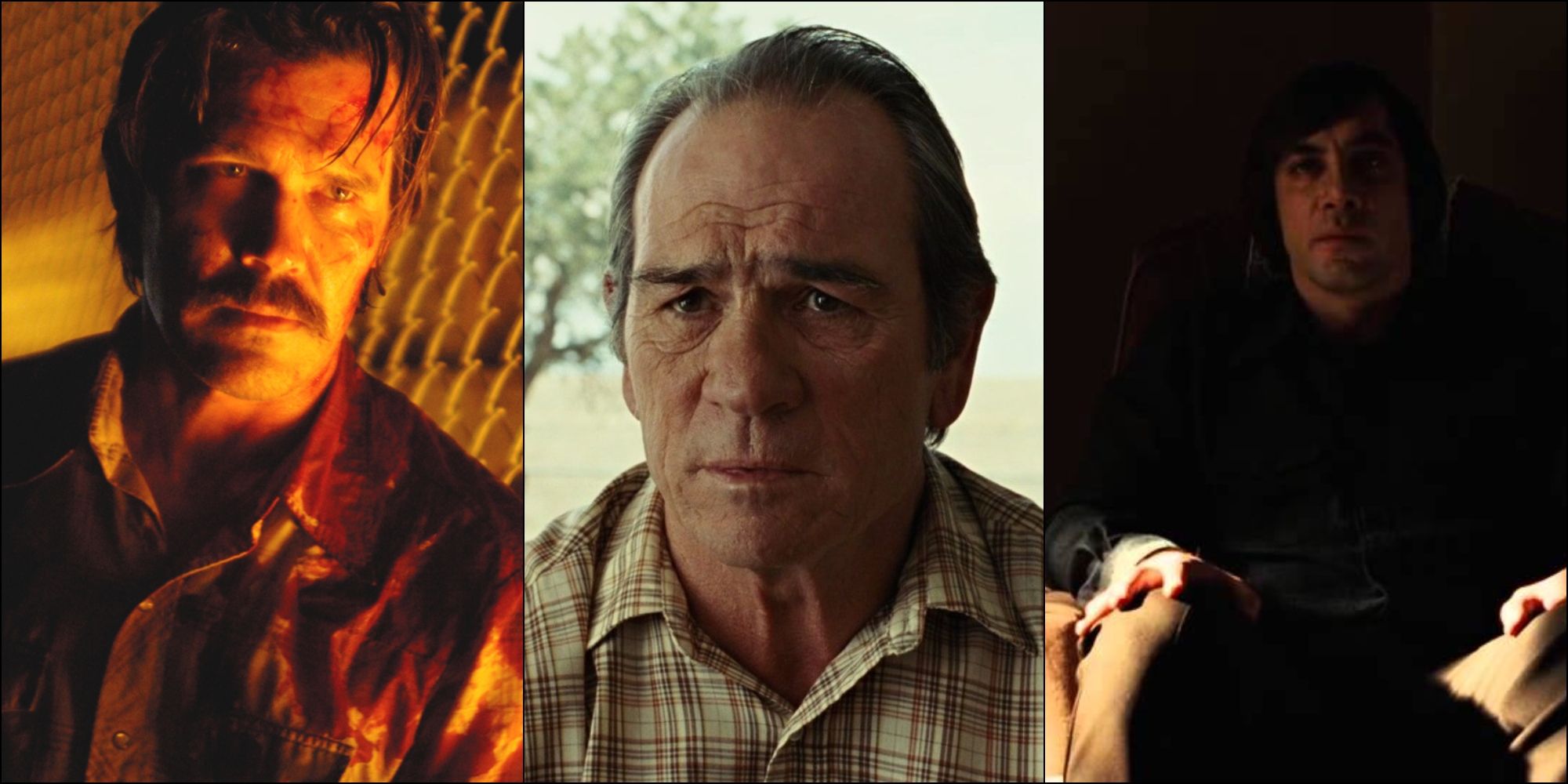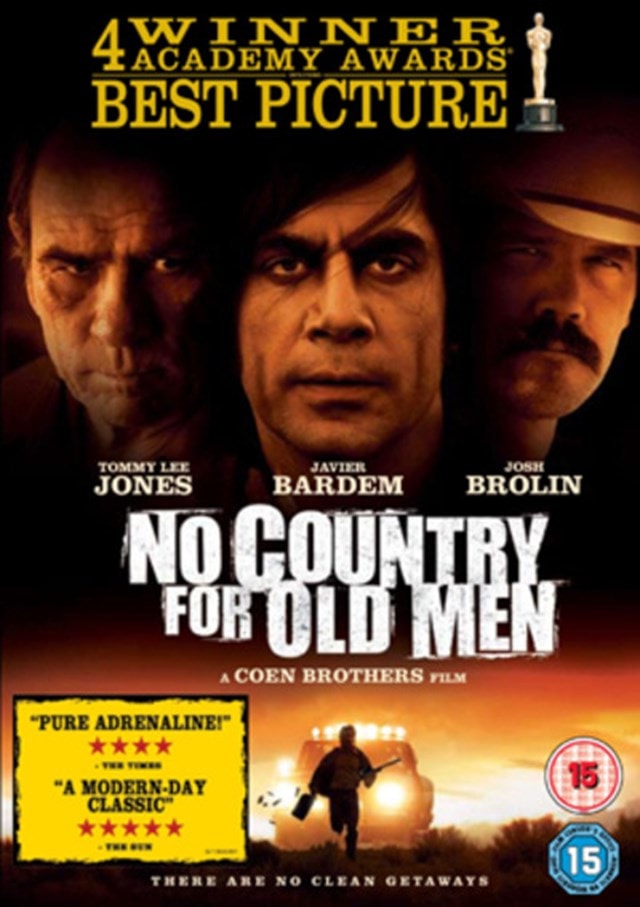


Is he right about this? Why would deteriorating manners signal a larger social chaos?Ħ. Any time you quit hearin Sir and Mam the end is pretty much in sight". When asked about the rise in crime in his county, Bell says that "It starts when you begin to overlook bad manners. Why does he go back, even though he knows it is a foolish and dangerous thing to do? What are the consequences of this decision?ĥ. He tells his wife: "I'm fixin to go do somethin dumbern hell but I'm goin anways". After Llewelyn finds the money and comes home, he decides to go back to the scene of the crime. In what way is the violence Sheriff Bell encounters different than what has come before? Is Anton Chigurh a new kind of killer? Is he a "true andliving prophet of destruction," as Bell thinks? In what ways does he challenge Bell's worldview and values?Ĥ. Early in the novel, after Bell surveys the carnage in the desert, he tells Lamar: "I just have this feelin we're looking at something we really aint never even seen before". Why is this style so powerful and so well-suited to the story he tells in No Country for Old Men?ģ. McCarthy has a distinctive prose style-pared down, direct, colloquial-and he relies on terse, clipped dialogue rather than narrative exposition to move his story along.

The title of the novel comes from William Butler Yeats's poem "Sailing to Byzantium": "That is no country for old men, the young / In one another's arms, birds in the trees, / -Those dying generations-at their song." The poem also contains the lines: "An aged man is but a paltry thing, / A tattered coat upon a stick, / Unless soul clap its hands and sing, and louder sing / For every tatter in its mortal dress." Why has McCarthy chosen a line from Yeats' poem for his title? In what ways is No Country for Old Men about aging? Does Sheriff Bell experience any kind of spiritual rejuvenation as he ages?Ģ.


 0 kommentar(er)
0 kommentar(er)
